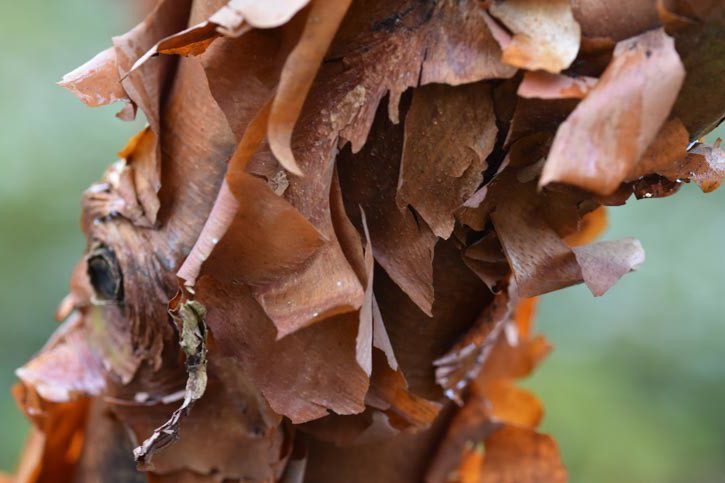
The Beauty of Bark: Unique Bark Colors & Textures in Texas
Uncovering Unique Bark during Texas Winters
While winter in Texas may not often be a snowy wonderland, southern dwellers can beat the blustery blues by taking the time to notice nature’s understated beauty. Although winds may whistle those wonderful leaves from many Texas trees, many boast additional beauty in their bark, extending the seasonal interest of the landscape. Follow along with us as we peel back the layers of some of the most stunning winter trees featuring unique bark in Texas.
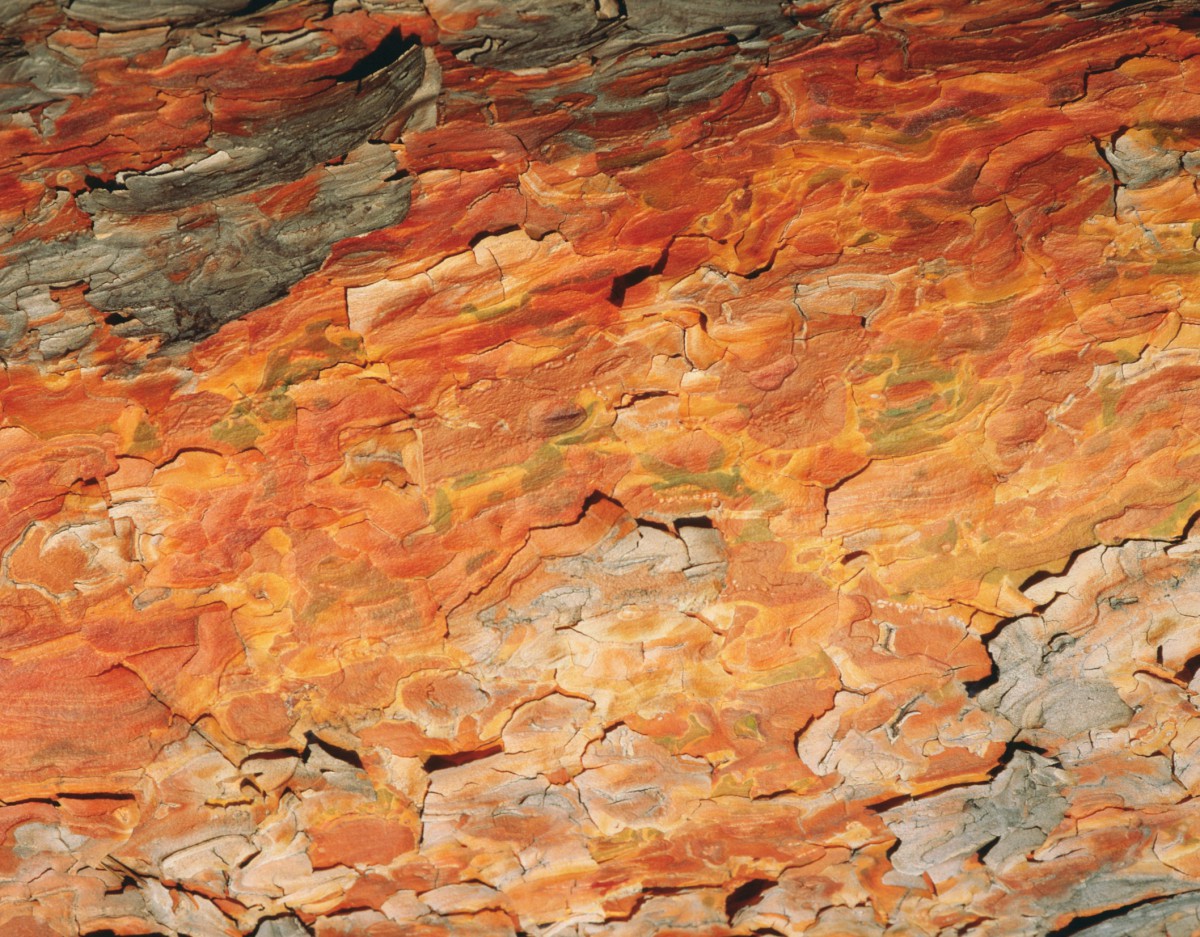
Unique Bark Features
Texture
From smooth, blotchy, rigid, and patterned, tree bark is nature’s novelty.
Color
Unique bark colors can range from neutral whites, grays, and browns all the way to cinnamon and bright red. Selecting a tree with vibrant bark can color your yard during the dreary winter months.
Exfoliating / Peeling Bark
Fun fact:
“Bark is not a living tissue, so it has no means of expanding. As the tree’s trunk grows larger, all the bark can do is split and fall off. Usually, there is a new layer of bark already forming beneath it.” – Neil Sperry
Trees with Unique Bark
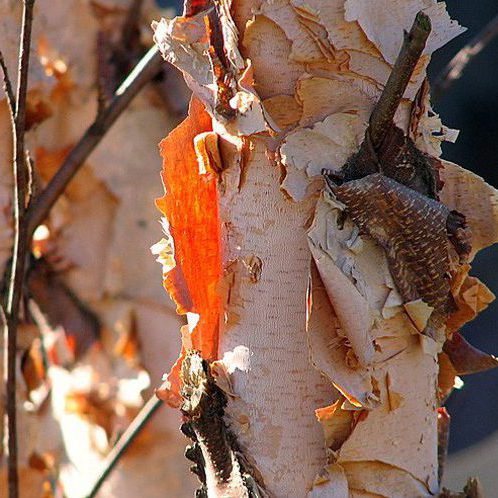 |
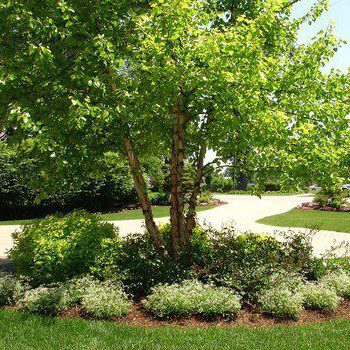 |
River Birch
The drought-tolerant river birch tree adds an art form to the landscape with its unique curling bark in various shades. Its peeling bark begins as a silvery gray before transitioning to pink, reddish-brown or black when mature.
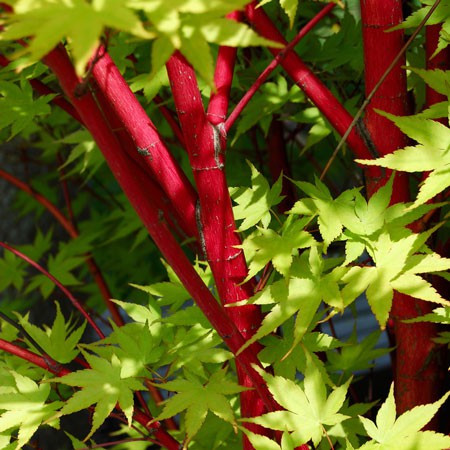 |
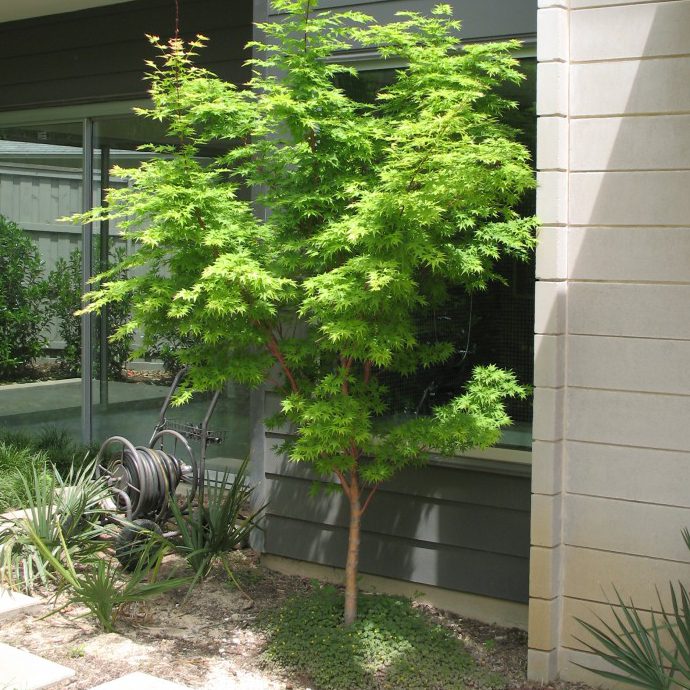 |
Coral Bark Maple
Coral bark maples are Japanese maples that draw varying interest with each season. Featuring some of the most unique bark, they bear bright lime green or chartreuse leaves in Spring that give way to a deeper shade in summer and transition to golden yellow to orange foliage in the fall. As they shed their leaves, their bark turns a radiant reddish pink, which intensifies as the temperatures drop.
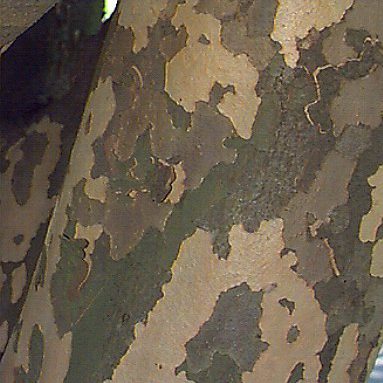 |
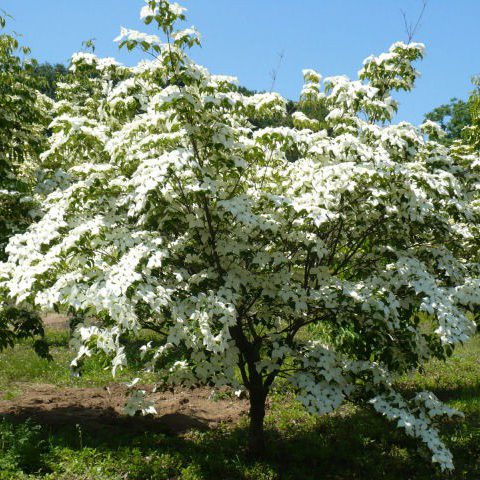 |
Dogwood
The Cornus Kousa variety of Dogwood combines delicate, white, star-shaped spring blooms with a hardiness in nature that makes it suitable for urban landscapes. Fall brings out its beautiful bright red color and in winter, its unique bark peels in a jigsaw puzzle-like pattern.
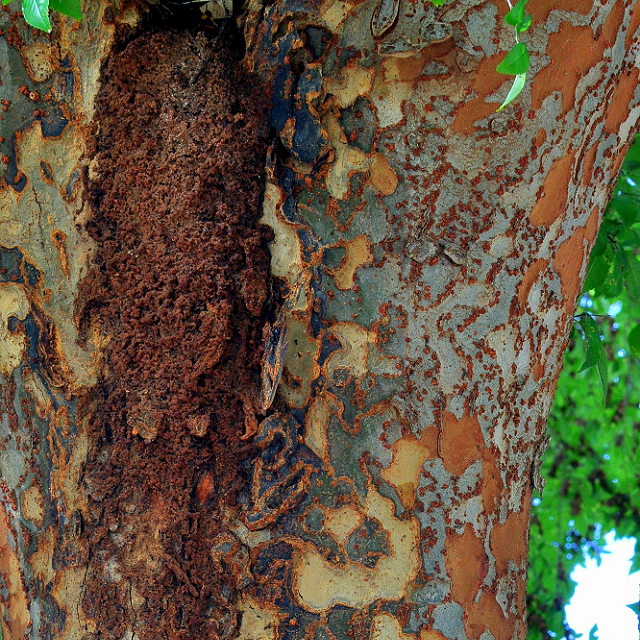 |
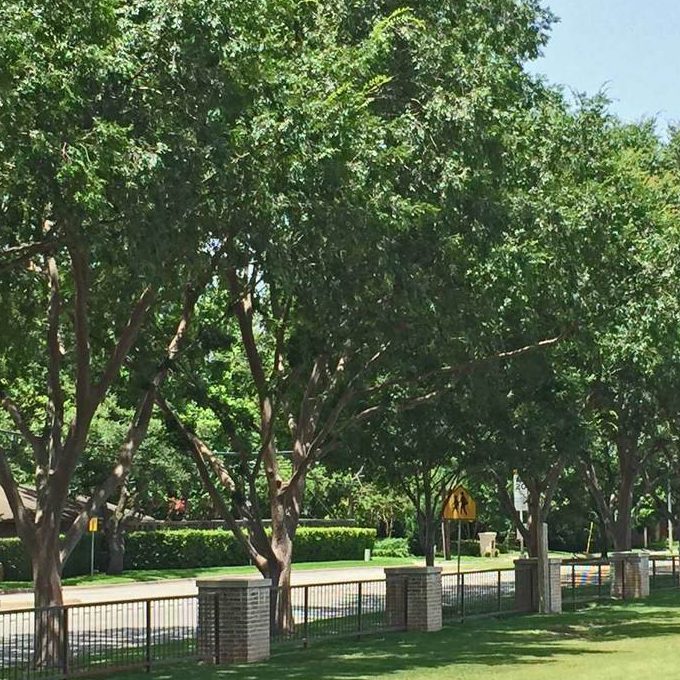 |
Lacebark Elm
The lacebark elm’s outer bark sheds to reveal a patchwork of red, brown, gray and green. This hardy tree handles most soils and grows up to 50 feet.
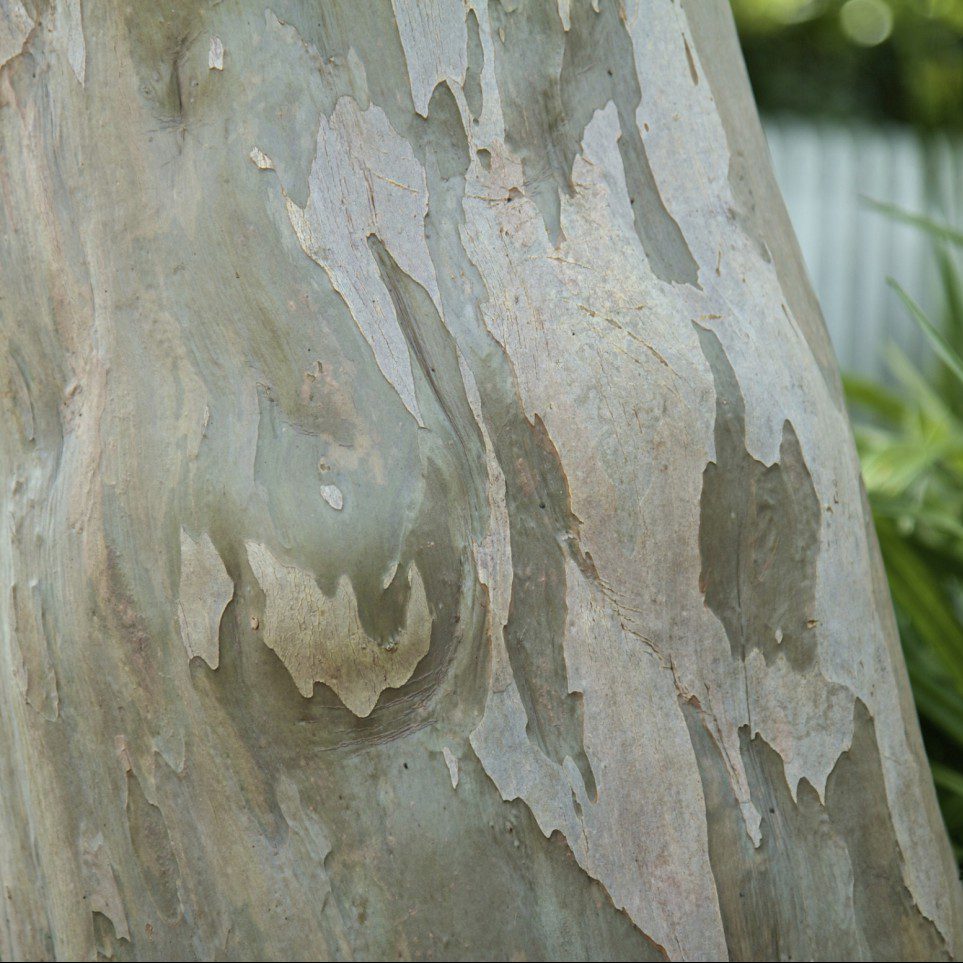 |
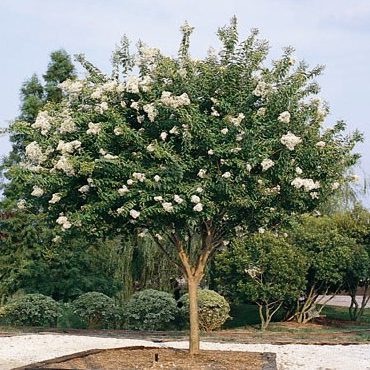 |
Crape Myrtle
The Crape Myrtle comes in many varieties and showcases its bark through elegant exfoliation. These small, flowering trees grow glossy green leaves that evolve into orange-red in autumn.
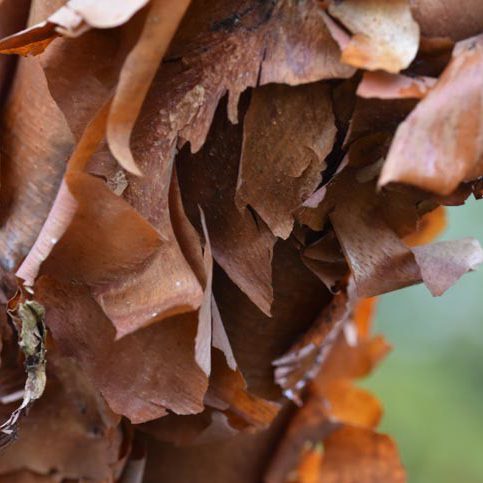 |
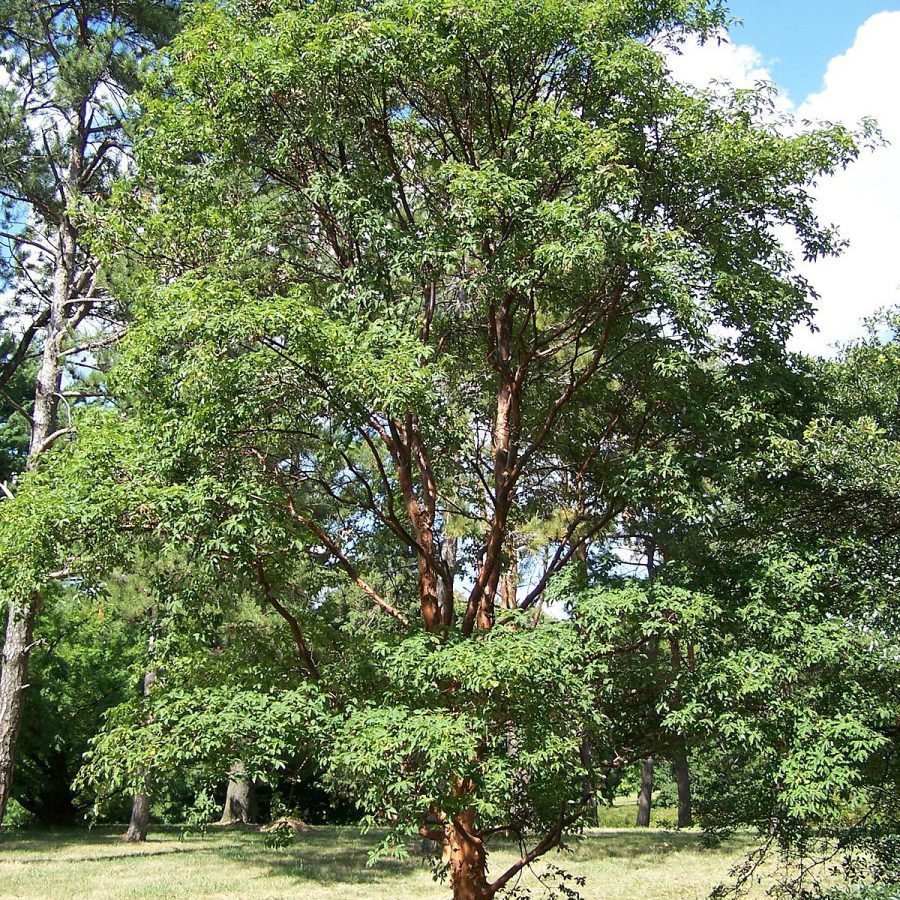 |
Paperbark Maple
The Paperbark Maple, a slow-growing irregular, oval-shaped tree blooms in small yellow-green clusters in spring and releases red-orange leaves in fall. However, it’s notable feature is its gorgeous, peeling reddish-brown bark. Planting trees with unique bark can contribute color and tactile texture to your winter landscape.
Great planting design can dramatically enhance the visual appeal of your home while celebrating nature. Allow one of our designers to skillfully create an original landscape design for your home to enjoy unique bark every winter.
—Tammara Dalke
You May Also Enjoy:
4 Places to Find Winter Color in North Texas
The Wow Factor of Winter Landscapes
Why Native Plant Dormancy is Crucial in North Texas